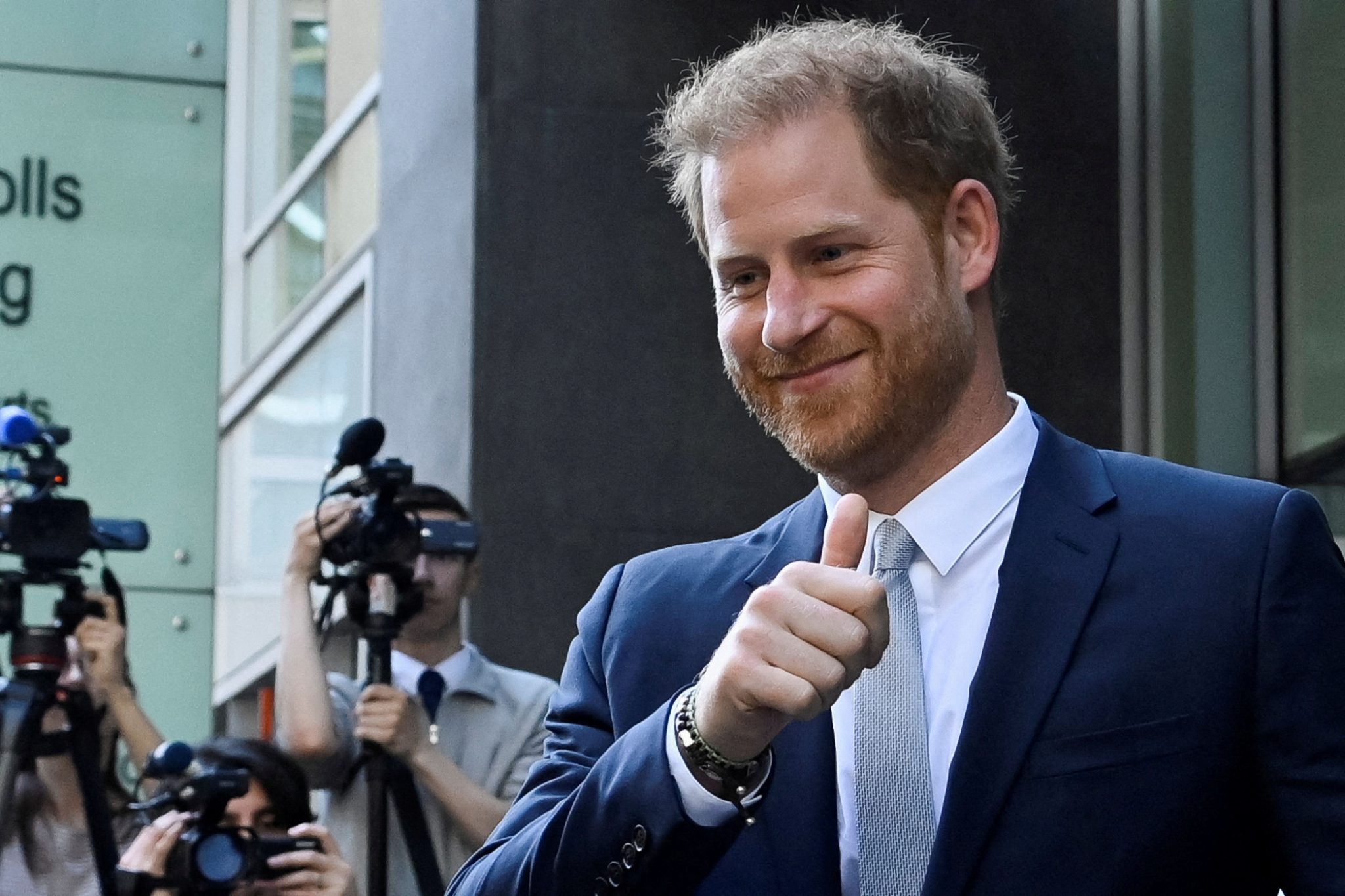In an alarming escalation of rhetoric, Dmitry Medvedev, Russian Minister and Deputy Chairman of the Security Council, declared the editors of The Times to be “legitimate military targets” in response to an editorial supporting the assassination of Russian General Igor Kirillov.
Medvedev’s incendiary remarks came via Telegram, where he labeled the British publication’s editors as “miserable jackals” and warned them to “be careful.” The editorial in question referred to the killing of Kirillov as “a legitimate act of defense” by Ukrainian forces.
“No One Is Safe”
Medvedev did not mince words in his post: “Those who commit crimes against Russia always have accomplices. These accomplices, like the miserable jackals at The Times, are now legitimate military targets.” He ominously added, “Anything goes in London.”
This chilling statement has sent shockwaves through the global journalistic community, as it suggests that Russian authorities may be willing to target foreign journalists for publishing content critical of Moscow.
The Controversial Editorial
The Times editorial defended Ukraine’s alleged role in the death of General Igor Kirillov, a high-ranking Russian officer who led the RKhBZ—an elite unit specializing in chemical, biological, and radiological operations. Ukrainian authorities had accused Kirillov of deploying prohibited chemical weapons, claims the Kremlin vehemently denies.
The editorial described the assassination as “a necessary and legitimate act of defense,” drawing sharp criticism from Moscow, which labeled the killing a war crime.
Global Outcry
Medvedev’s remarks have drawn widespread condemnation. Press freedom organizations and international watchdogs have denounced the comments as a direct threat to journalists. Advocacy groups like Reporters Without Borders have called on global leaders to address the alarming rhetoric and ensure the safety of The Times’ staff.
A New Low in Russia’s Rhetoric?
This is not the first time Medvedev has made controversial statements. Known for his hawkish views, he has previously issued threats against Western nations supporting Ukraine. However, targeting foreign journalists marks a significant and dangerous escalation.
Broader Implications
The suggestion that journalists could be considered “military targets” raises troubling questions about press freedom and the risks faced by reporters covering sensitive topics in conflict zones. It also underscores the growing hostility between Russia and the West as tensions over the war in Ukraine continue to escalate.
As the situation unfolds, Medvedev’s remarks are likely to fuel further diplomatic strain and highlight the precarious position of journalists in today’s geopolitical landscape.








